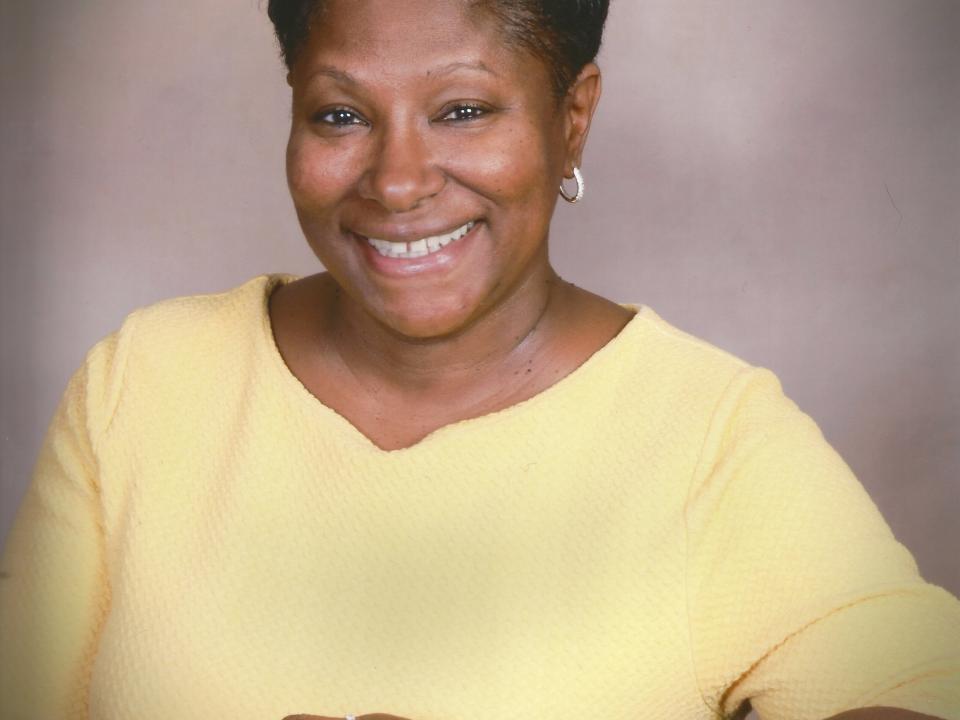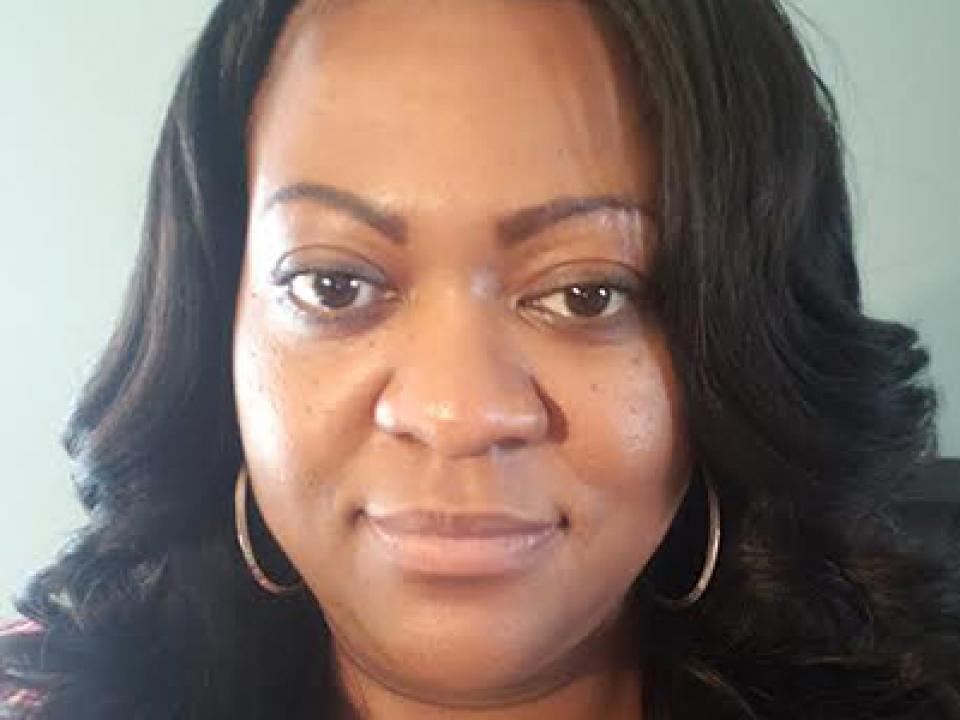Freshman Writing Program
Department of Humanities
Freshman Writing Program
The Freshman English Composition (FEC) program at Coppin State University's mission is to assist students in developing the ability to articulate their ideas through clear and concise written expression.
The Freshman English Composition (FEC) Program is guided by a commitment to assisting learners of all levels and backgrounds advance their core competencies in three primary areas: Composition and Organizational Skills, Rhetorical Modes of Discourse, and foundations of Standard English Grammar.
Our program is dedicated to helping students understand writing as a process and focuses on the continual revision of written work. Students produce multiple drafts for each project and develop the ability to critique their own writing as they learn to critique the work of others.
We encourage students to explore various topics and perspectives to develop their writing skills and to communicate effectively in a wide variety of modes and environments. Students read and evaluate texts that are culturally diverse and relevant to contemporary problems facing urban and global populations in order to gain insights into the complex nature of ideas and issues. Our students learn to evaluate arguments and narratives, analyze claims and methods, scrutinize reasoning, and draw their own well-informed conclusions.
The Freshman English Composition Program requires a two-semester sequence for first-year students. The first semester (ENGL 101: Freshman Composition I) focuses on the principles and practices of effective reading and writing, with individualized attention to the fundamentals of Standard English Grammar, compositional and organizational skills, and the creation of a portfolio illustrating mastery of several rhetorical modes of discourse. The second semester (ENGL 102: Freshman Composition II) continues to build on these skills and emphasizes the use of research for effective arguments.









